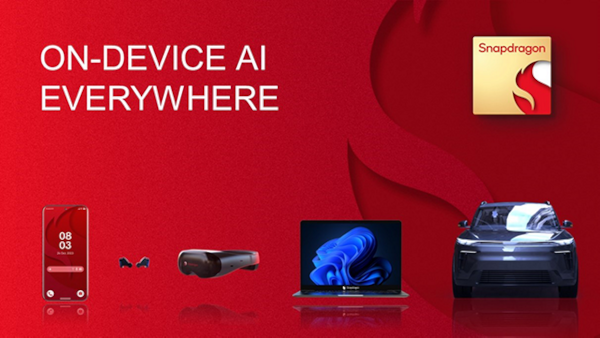What I can see AI doing is generating music based on my mood at the time. It seems like overkill to use it for noise-cancelling, but maybe it could have applications in an adaptive setting.
But, man, right now it takes a TON of computing power, and it seems wasteful for stuff like that, at least to me.






























































